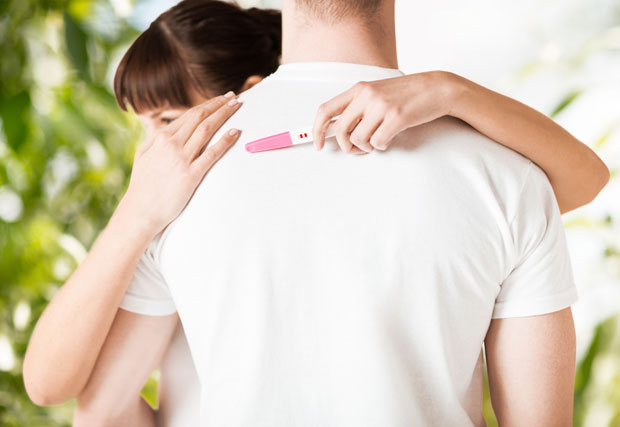Frozen Donor Egg IVF – An Alternative Solution to Infertility

Frozen Donor Egg IVF – An Alternative Solution to Infertility / Guest Post
Most women dream about the day they find out they’re pregnant. How they’ll feel, what it will mean, and the changes they’ll have to make. Ever since we were children, we were given dolls to play with and look after. Even if you don’t have siblings or a large family, I’m betting that at some point you’ve wondered what it will feel like to have a tiny creature growing inside of you. After all, it’s the most natural thing in the world, right?
We never expect to hear the words no longer viable or egg donation on our journey to starting a family. But with women increasingly choosing to have children later in life, partially due to the pressures of modern day living and our careers (not to mention how hard it is to find the right man to settle down with); more and more women are suffering from infertility or problems trying to conceive.
In fact, infertility currently affects more than 3.5 million people in the UK, with one in every five women aged between 35 to 45 having trouble conceiving. Using donor eggs has not only become more accessible and acceptable, but it’s also become more necessary for couples who want to have a family.
If you would like to learn more about how to donate eggs click here and if you’d like to know more about using frozen donor eggs, read on.

Why Use Frozen Donor Eggs?
If you’re just starting to explore your options, then you’ll no doubt have read about the differences between using fresh and frozen donor eggs. You may find that some of the information is a little outdated, as new advances and techniques in vitrification (egg freezing) and thawing protocols are now greatly improving the success rates of conception and birth by using frozen donor eggs.
While egg donation is not an entirely new practice, until fairly recently it was always performed using fresh donor eggs. But there are a few disadvantages to this treatment.
Firstly, a cycle of fresh donor eggs, depending on your location and the clinic of your choice, typically costs about twice as much as a cycle of frozen donor eggs. Secondly, your menstrual cycle has to be synched up with that of the donor. This can often involve many trips to the clinic and some heavy hormone medication, in order to get the timing just right. It can also mean delays if, for any reason, your cycles fail to match, or if an unexpected life event comes up for either party.
One of the main advantages of using frozen donor eggs, besides the lower cost of treatment, is that you don’t have to worry about cycle synchronisation. You can simply begin embryo transfer as soon as your uterus is ready and your schedule is open.
Many women also say that there is less emotional pull when using a frozen donor egg, as you don’t need to have any contact whatsoever with the egg donor. You can simply select a pre-screened donor from the comfort of your home.
Do Frozen Donor Eggs Work?
If you’ve done your homework, then you’ll probably know that most studies indicate that the success rates using fresh donor eggs are still slightly higher than with frozen eggs. However, there have been major breakthroughs in vitrification (egg freezing) techniques over the last five years.
Donor eggs are frozen using a flash freezing technique called vitrification, which is applied to fresh donor eggs. Flash freezing effectively works to minimise the possibility of ice crystals forming within the cell structure, and therefore maximising the chances of success.
This flash freezing technology, coupled with major improvements in the way that eggs are stored and thawed, mean that using frozen donor eggs is now a real, accessible option to couples struggling to conceive.
Advantages of Frozen Donor Eggs
- You can start as soon as you’re ready, on your own time, without having to worry about getting in sync with the egg donor.
- You won’t need to take such high amounts of medication or pay so many visits to the clinic to ensure cycle synchronisation.
- Cost per cycle of frozen donor eggs typically about half the price.
- You’ll have a wider selection of donors available to you and won’t be restricted by needing to find someone locally available.
Your Next Steps
If you and your partner have decided to try using frozen donor eggs, then the first thing you’ll need to do is book an appointment with a reproductive endocrinologist (otherwise known as a fertility expert) to discuss your medical history and to talk you both through the process. Once you’re ready and have selected a donor, you can begin immediately after your next period, and can have your first pregnancy test as soon as two weeks after your embryo transfer.
You can’t always control every aspect of your life or the way things will work out, but if you’re struggling with infertility, the good news is that you now have options available to you and can still build the family of your dreams by using frozen donor eggs.
Guest Post. Contains a sponsored link.





